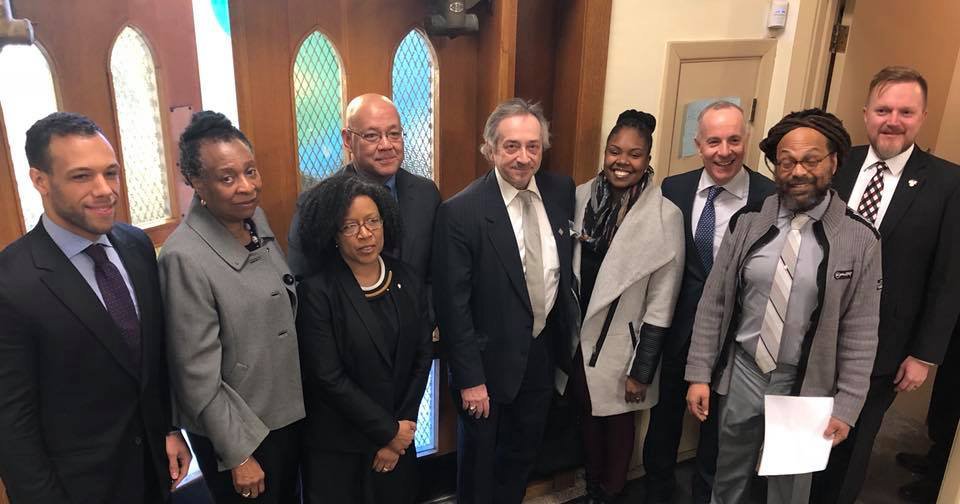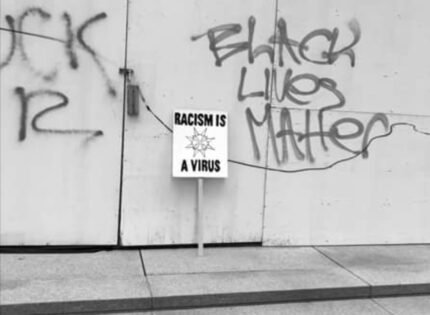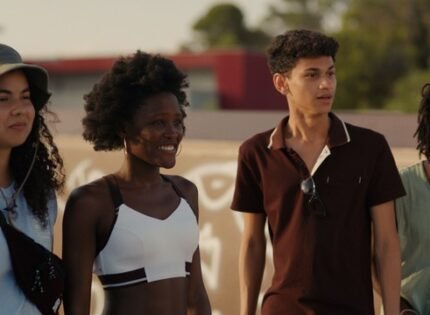His Message continues to resonate
By Adelle Blackette
It was August 1967.
The Rev. Dr. MLK Jr. addressed the Southern Christian Leadership Conference at a pivotal moment – a turning point. A core aspiration of the civil rights movement – the Voting Rights Act – had been achieved but there was rioting in the street of Watts – rioting is what Dr. King referred to in his CBC Massey Lectures here in Canada as the “language of the unheard”, and communities demanded justice, Black Power.
Former allies began to get nervous, but Dr. King deeply understood the call for Black Power, and while holding fast to non-violence, refused easy dismissals.
In his 1967 speech, and in his last book, both entitled ‘Where Do We Go From Here,’ he addressed the emerging backlash in sanguine terms.
He said that backlash had always existed, underneath and sometimes on the surface of life in America, because many of those who might agree that Black people should be spared the lash of brutality and coarse degradation “had never been truly committed” to equality – to ensuring that Black people live life free of poverty, exploitation or all forms of discrimination.
Dr. King knew well, that the absence of brutality is NOT the presence of justice.
Dr. King spoke plainly – he said that: “every civil rights law is still substantially more dishonoured than honoured” and insisted that “legislation that is evaded, substantially nullified and unenforced is a mockery of law.”
He was moved to action by the injustice of economic discrimination, by the fact that so many Black people held low-paid, under-skilled jobs with little chance of mobility.
I encourage you to read, or reread, his last speech, I’ve Been to the Mountaintop, in its entirety – he was in Memphis, Tennessee supporting “the least among us” – some of the most disenfranchised workers – sanitation workers – lending his moral power to those who were using their own moral and economic power to wage a strike for dignity through recognition, representation and economic justice – their cry was: “I am a man.”
Dr. King had recently launched his ‘Poor Peoples’ Campaign’, through which he underscored the common cause of all the disinherited women and men of this earth. And he was struck that so many comfortable liberals talked about equality as if it was a distant objective, while Blacks “proceeded from a premise that equality means what it says.” He was troubled most by those who out of fear, or out of indifference, clung to a discriminatory status quo, and in doing so stood in the way of justice.
For Dr. King, justice requires resistance.
He reminded us that during slavery, our people “had fought to stay alive by developing an endurance to hardship and heartbreak.”
“In this decade,” he continued, Black people “would no longer endure (but) would “resist and win.”
Never forget that Dr. King’s message and unflinching leadership at the time was deeply unpopular, fundamentally transgressive of the status quo – Justice demanded unity and resistance, a commitment to structural change, to human dignity, to justice, to love. Because Dr. King understood that he was fighting for justice, he was not afraid of the will to stand up to power.
He understood it, and he encouraged the Black community to “use every constructive means to amass economic and political power.”
Dr. King called on us as a society to move beyond the aesthetics of equity, beyond tokenism.
Here’s a pivotal quote, on how Dr. King explained the relationship between power, justice and love:
Power properly understood is nothing but the ability to achieve purpose. It is the strength required to bring about social, political or economic changes. In this sense power is not only desirable but also necessary in order to implement the demands of love and justice. One of the greatest problems of history is that the concepts of love and power are usually contrasted as polar opposites. Love is identified with a resignation of power and power with a denial of love. … What is needed is a realization that power without love is reckless and abusive, and that love without power is sentimental and anaemic. Power at its best is love implementing the demands of justice. Justice at its best is love correcting everything that stands against love.
Dr. King understood love of community – his beloved community – and the need to transform our community’s condition into one of “creative and positive power.”
In tribute, civil rights leader in her own right, Coretta Scott King, reminded us that her late husband “not only took the responsibility for leadership, he toiled vigorously to offer discerning leadership.”
It is easy to forget that this just and discerning man was only 39 years-old when he was taken from us, too soon. His age alone is a reminder that we should cultivate and be ready to stand alongside and support those young people in our community who emerge from amongst us, and show themselves ready to lead in the fight for justice, with discernment.
Dr. King’s speeches and his lifework are filled with his “glowing spirit” and “sharp insight” that continue to inspire, guide and sustain us, 50 years after his untimely passing.
In this critical moment – a moment of incessant racial profiling and brutality that has made a Black Lives Matter movement urgently necessary, a moment in which white supremacist groups are on the rise, a moment in which the Black community is still calling for economic justice – for equity in employment — and when we fundamentally question whether we can look to the legal frameworks that are in place to achieve justice, let us not forget the depth of the Rev. Dr. Martin Luther King Jr.’s challenge to us all.
Do not shy away from societal, economic, political power – our community needs to understand it and draw upon it with love – with community self-love – to implement the demands of justice.
Adelle Blackette is a professor at McGill University Faculty of Law and Canada Research Chair in Transnational Labour Law and Development.
She was one of the featured speakers at the 50th Anniversary Commemoration of the Assassination of the Rev. Dr. Martin Luther King Jr. on April 4, at Union United Church, Montreal.
















